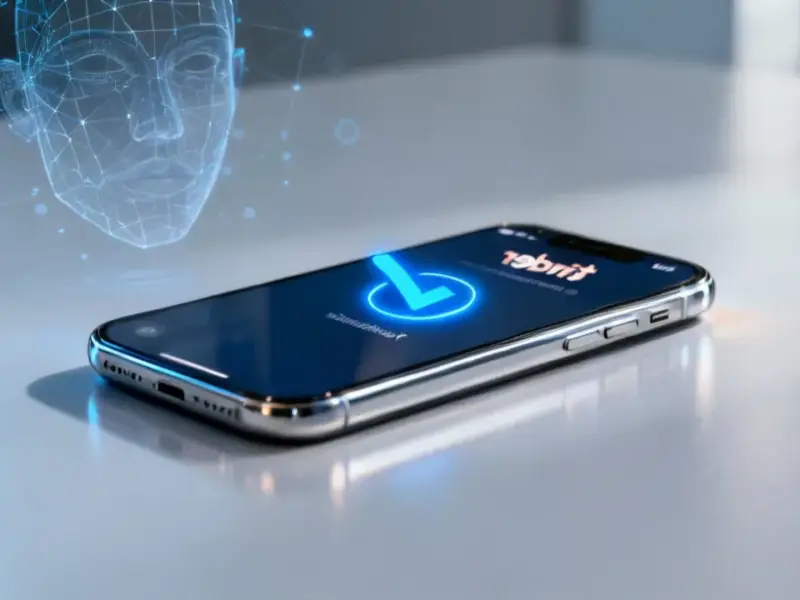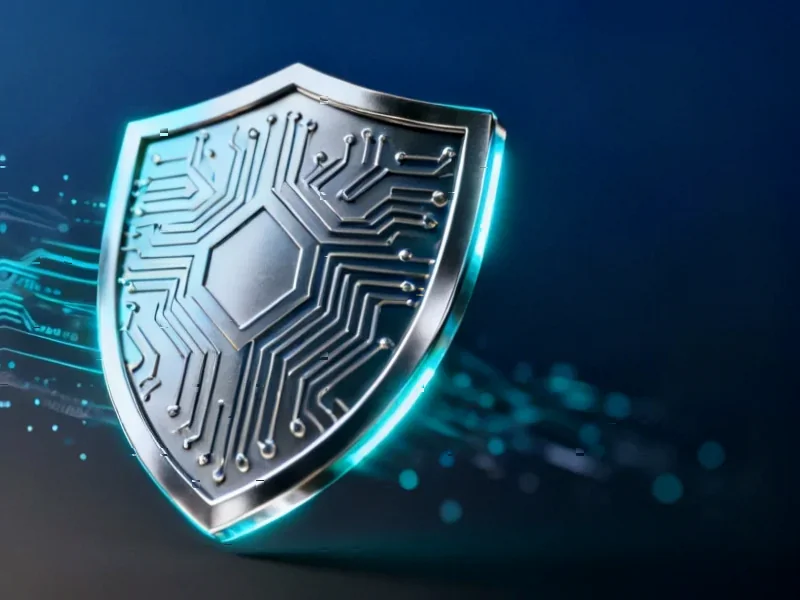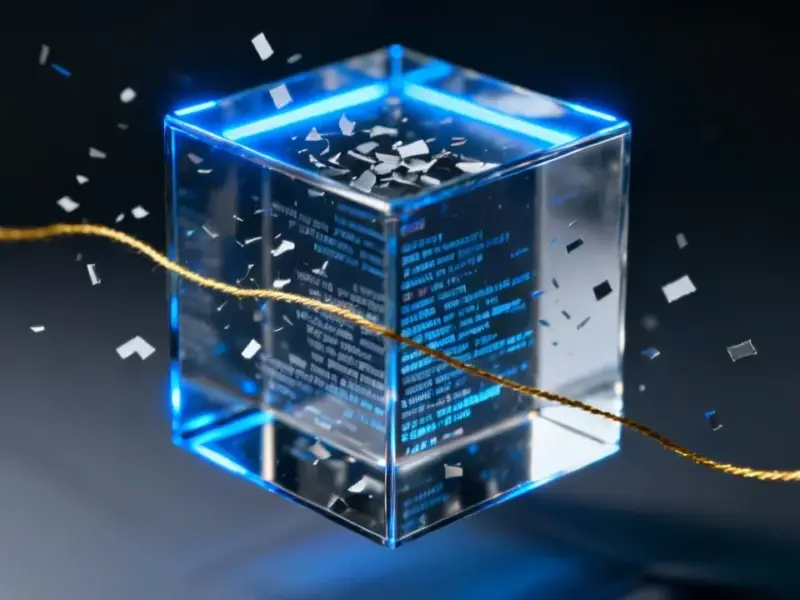According to Business Insider, Joe Novak lost approximately $280,000 in a pig butchering crypto scam that began when he accepted a Facebook friend request from a woman named Ailis Danner on October 8, 2024. The scam unfolded over several months, with Novak transferring funds between January and April 2024 to a platform called defiai.top that promised guaranteed daily interest. Bezalel Eithan Raviv, founder of forensic blockchain firm Lionsgate Network, revealed that most crypto scams occur on Facebook with WhatsApp as the second most common platform. Novak only realized he’d been scammed when he tried to withdraw funds and was locked out of his account after being asked to pay a “gas fee.” Pig butchering scams surged 40% in 2024 and are increasingly using AI to target victims.
How pig butchering works
Here’s the thing about pig butchering scams – they’re brutally effective because they’re not just about stealing money. They’re about building genuine-seeming relationships over time. Novak was recently divorced and unemployed when he connected with this woman, which made him particularly vulnerable. The scammer spent months gaining his trust through daily WhatsApp conversations before even mentioning investments.
And that’s what makes these schemes so dangerous. They don’t rush. The “fattening” phase can last for months, with scammers sharing personal stories, showing concern for the victim’s life, and creating what feels like a real friendship or romance. Only then do they introduce the “investment opportunity” as something that helped them or their family members.
The red flags everyone misses
Novak admitted there were warning signs he ignored. Multiple banks actually tried to stop his transactions, but he was so convinced it was legitimate that he found ways around them. That’s how powerful the psychological manipulation becomes – you start rationalizing away the very protections designed to save you.
Raviv points to one major red flag that should stop anyone in their tracks: pressure. When someone is pushing you to invest quickly, especially large amounts, that’s basically the scammer’s tell. Legitimate investments don’t require you to move fast or bypass banking security measures.
Think about it – why would a stranger who supposedly cares about you pressure you into financial decisions? Real friends don’t do that. Real investment advisors certainly don’t. The entire premise of “guaranteed daily interest” should set off alarm bells for anyone familiar with how volatile crypto markets actually work.
Why these scams are exploding
Pig butchering scams aren’t new, but they’re becoming more sophisticated and widespread. The 40% surge in losses during 2024 tells you everything you need to know about how effective they’ve become. And AI is making things worse – scammers can now generate more convincing profiles, automate conversations, and scale their operations like never before.
Facebook and WhatsApp remain the primary hunting grounds because they offer direct access to potential victims and the appearance of personal connection. The platforms themselves are struggling to keep up with the sophisticated networks running these operations, many of which are organized criminal groups operating across international borders.
How to protect yourself
So what can you actually do? Novak’s experience offers some hard-won lessons. First, be deeply skeptical of any unsolicited investment advice, especially from people you’ve only met online. Second, when banks flag transactions as suspicious, listen to them – they have systems designed to detect patterns humans might miss.
Most importantly, understand that if an investment sounds too good to be true, it almost certainly is. Guaranteed returns? Play money accounts? Decentralized banking that bypasses traditional systems? These are all classic hallmarks of crypto fraud. The sad truth is that recovery is incredibly difficult once funds are transferred, so prevention is your only real defense.
Look, we all want to believe in opportunities and connections. But in the crypto world, a healthy dose of skepticism might be the most valuable asset you own.




